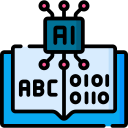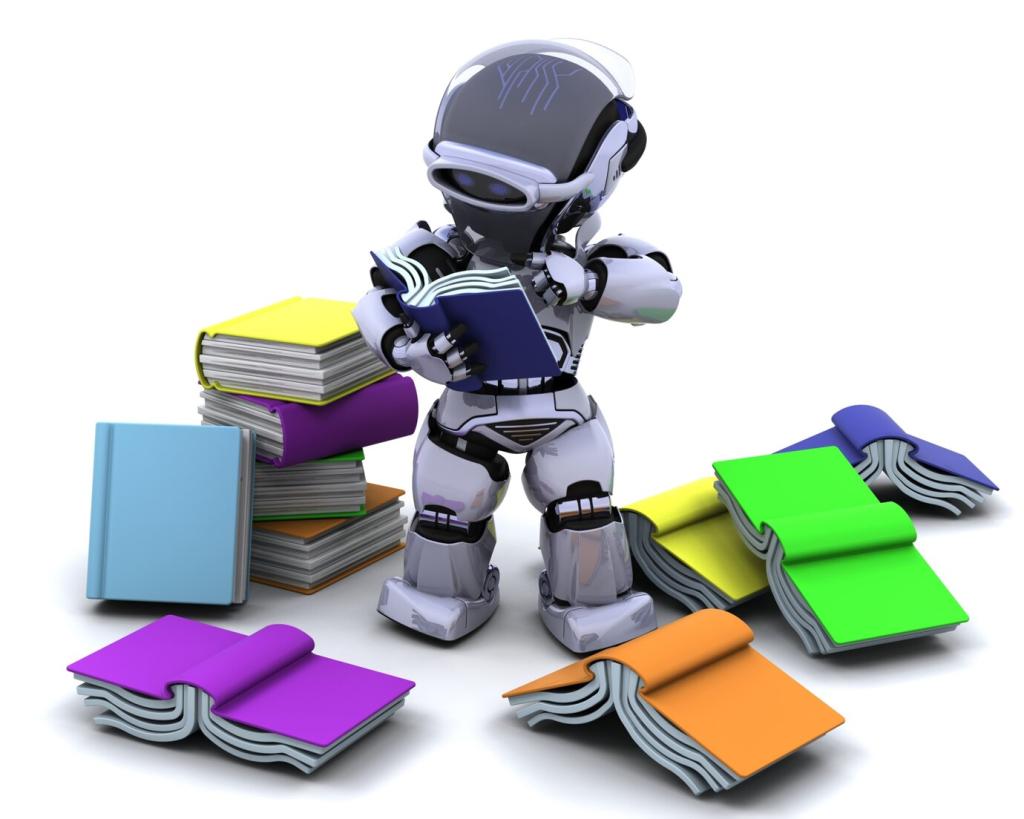
Getting Started with AI: A Beginner's Guide
Embarking on your journey to understand Artificial Intelligence can be both exciting and overwhelming. AI is transforming industries and changing the way we interact with technology, making it an essential field to grasp in today’s world. This beginner’s guide will provide you with the foundational knowledge you need to understand AI, familiarize yourself with its core concepts, explore key applications, and learn the first steps towards building your own AI projects. No prior technical expertise is required—just curiosity and a willingness to learn.
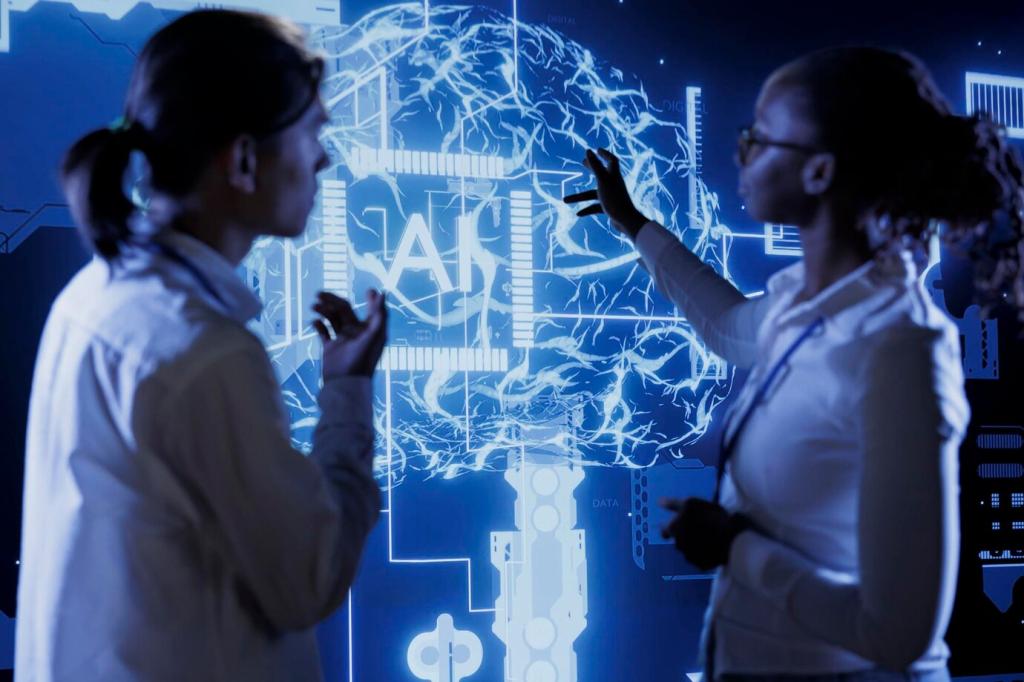
What is AI?
At its core, Artificial Intelligence is the simulation of human intelligence by machines, particularly computer systems. It enables a machine to sense, reason, act, and adapt based on a set of data or external stimuli. Unlike conventional programming, where specific instructions dictate outputs, AI systems can learn from examples and improve their performance over time. Understanding this foundational principle is crucial, as it sets AI apart from other forms of automation and engineering by introducing the concept of learning and adaptation. This self-improvement capability allows AI to tackle complex problems, making it incredibly versatile and powerful.
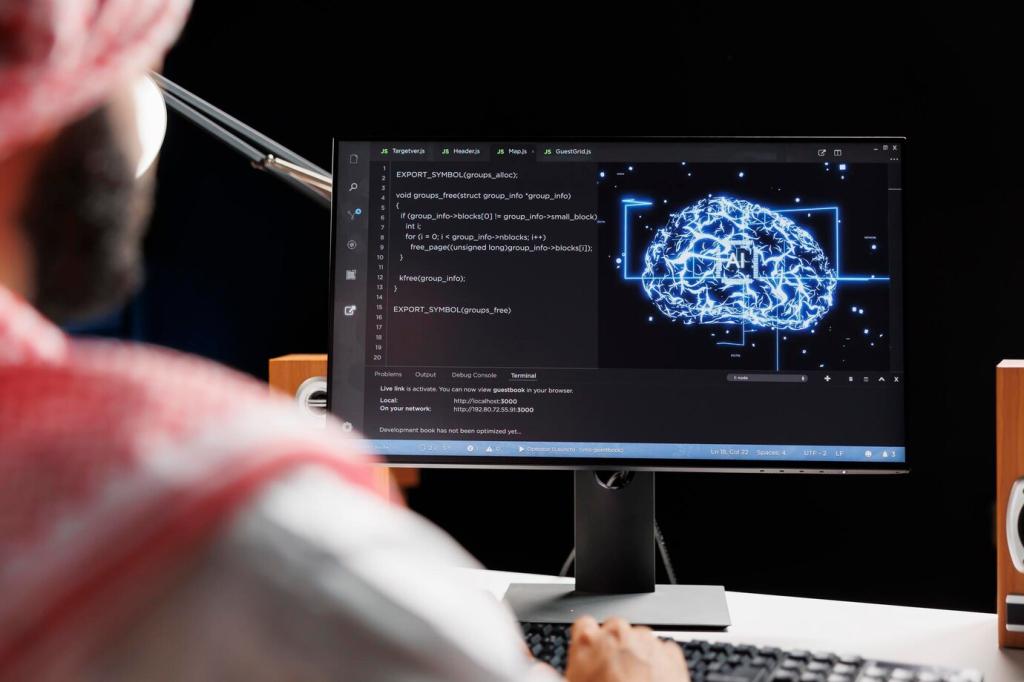
A Brief History of AI
The concept of artificial intelligence isn’t just a product of recent technological advances. It dates back to ancient history, where myths and stories featured intelligent automatons. However, AI as a formal discipline began in the 1950s, with pioneers like Alan Turing laying the groundwork for thinking machines. Early enthusiasm gave way to periods of slower progress, known as “AI winters,” but steady advancements in computing power and algorithmic techniques reignited interest and achievement in the field. Today, AI has moved from a theoretical possibility to a practical reality, thanks to breakthroughs in machine learning and increased data availability.
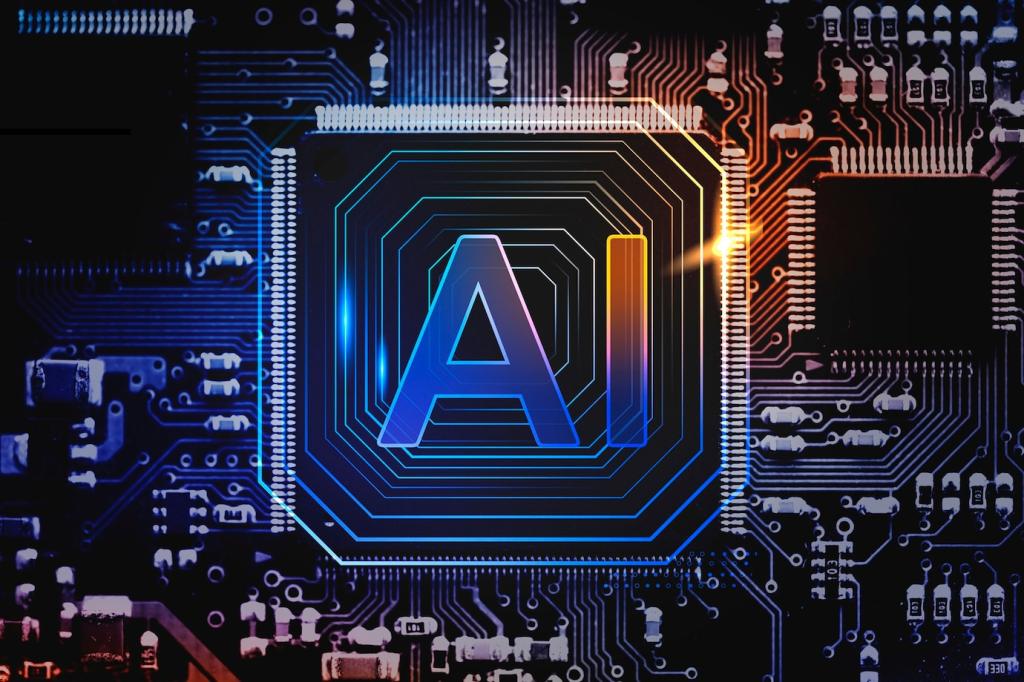
Why AI Matters Today
AI’s relevance is evident in our daily lives, from personalized recommendations on streaming platforms to voice assistants on our phones. It is revolutionizing industries, optimizing workflows, and enabling solutions to problems previously considered unsolvable. This pervasive influence shapes not only the way businesses operate, but also how societies function, affecting areas such as healthcare, education, transportation, and entertainment. Understanding AI opens new opportunities, both in career prospects and in contributing meaningfully to discussions about its ethical and societal implications.
Core Concepts and Terminology
Machine learning is a subset of AI that involves teaching computers to learn from data without explicit programming. The system identifies patterns and uses them to make predictions or decisions. Deep learning, a narrower subfield, uses artificial neural networks modelled after the human brain and excels at handling large data sets such as images, sound, and text. These technologies have powered the latest wave of AI breakthroughs and are the driving forces behind many high-profile AI systems today. By understanding the difference and relationship between machine learning and deep learning, beginners can better appreciate the foundations upon which most modern AI is built.
Practical Applications of AI
AI in Everyday Life
From unlocking smartphones with facial recognition to receiving personalized shopping recommendations online, AI has become integrated into our everyday routines. Voice assistants like Siri and Alexa utilize AI to understand and respond to spoken commands, while email clients use AI-powered filters to separate important messages from spam. These applications demonstrate how AI improves convenience, efficiency, and personalization in ways users may take for granted. Recognizing the breadth of AI’s everyday presence helps beginners relate more directly to its impact and possibilities.
AI in Healthcare
The healthcare sector is experiencing significant transformation through the adoption of AI technologies. AI-driven systems assist doctors in diagnosing diseases, predicting patient outcomes, and personalizing treatment plans based on data analysis. Advanced imaging systems can identify anomalies faster than traditional methods, enabling earlier intervention and potentially saving lives. Additionally, AI-powered chatbots offer preliminary medical advice and support to patients, increasing healthcare accessibility. These innovations represent just a small glimpse of AI’s potential to enhance the quality and reach of medical care worldwide.
AI in Business and Industry
Businesses are harnessing AI to optimize operations, streamline processes, and gain competitive advantages. In retail, AI systems analyze purchasing patterns and manage inventories. In manufacturing, predictive maintenance powered by AI reduces equipment downtime. Customer service is enhanced through AI-driven chatbots that provide rapid, informed support. These applications help companies make smarter decisions, cut costs, and deliver more value to customers. For those starting their AI journey, understanding these practical uses can reveal exciting possibilities and highlight the demand for AI literacy across sectors.

